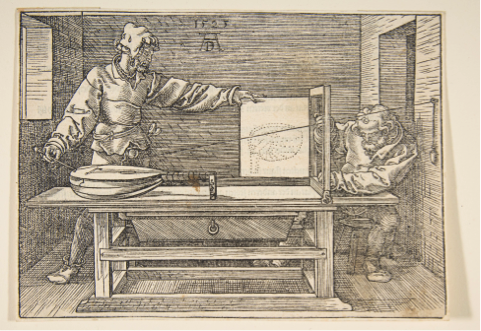A conference to be held at the University of Cambridge, 1st-2nd September 2016
Organisers: Jennifer Bishop & John Gallagher

From the workshop to the schoolroom, teaching and learning were everyday activities in early modern England. But who learnt what, from whom, and where? How did knowledge transmission work in practice? And what did it mean to be educated, to be skilful, in a rapidly changing society? This conference aims to bring together scholars working on the transmission of knowledge and skills in order to ask new questions about the educational cultures of early modern England.
What was being taught in early modern England? Scholarship on artisanal and technical knowledge has pointed the way towards a history of education and knowledge transfer not limited by the walls of educational institutions. This history can bring together the studies of literacy and language, of artisanal and technical crafts, of science and medicine, of print, fashion, and commerce.
Where did teaching and learning happen? Outside established educational institutions lay vibrant cultures of knowledge transmission and exchange. This conference is interested in sites where knowledge was transmitted formally or informally, from workshops to schoolrooms and printing houses to coffee houses. What was the role of location, neighbourhood, and community in the circulation of knowledge? How did material environments interact with learning processes?
Who was a teacher? Who were the masters, teachers, tutors, and experts – male and female, English and immigrants – who transmitted knowledge and skills in early modern England? How did masters and teachers establish their technical or pedagogical authority, and how did they advertise or compete with one another? Can we reconstruct networks of knowledge, communities of teachers? Do our historiographies do justice to all those who performed educational labour? This conference hopes to consider ushers, technicians, servants, and labourers alongside masters and tutors.
How were skills and knowledge taught and transmitted? Learning is more than an intellectual experience. What were the physical, oral, and sensory realities of early modern learning? In artisanal and academic situations, how was embodied knowledge taught and transmitted? What was the role of the oral and the verbal in the transmission of knowledge? How can scholars access the experiences of teachers and learners in early modern England?
The deadline for abstracts is 1st April 2016. Please send abstracts of no more than 300 words to teachingandlearning2016@gmail.com.




